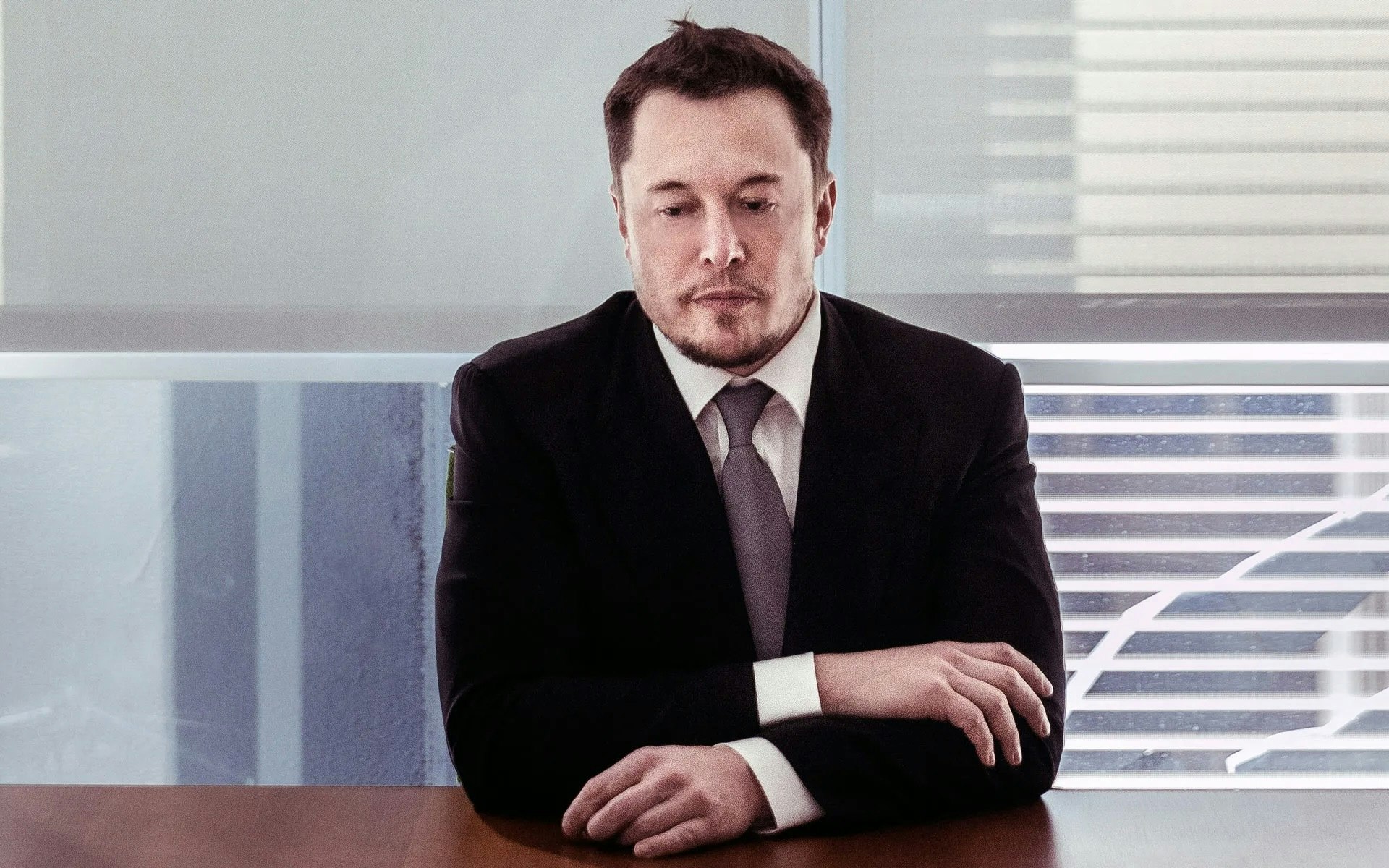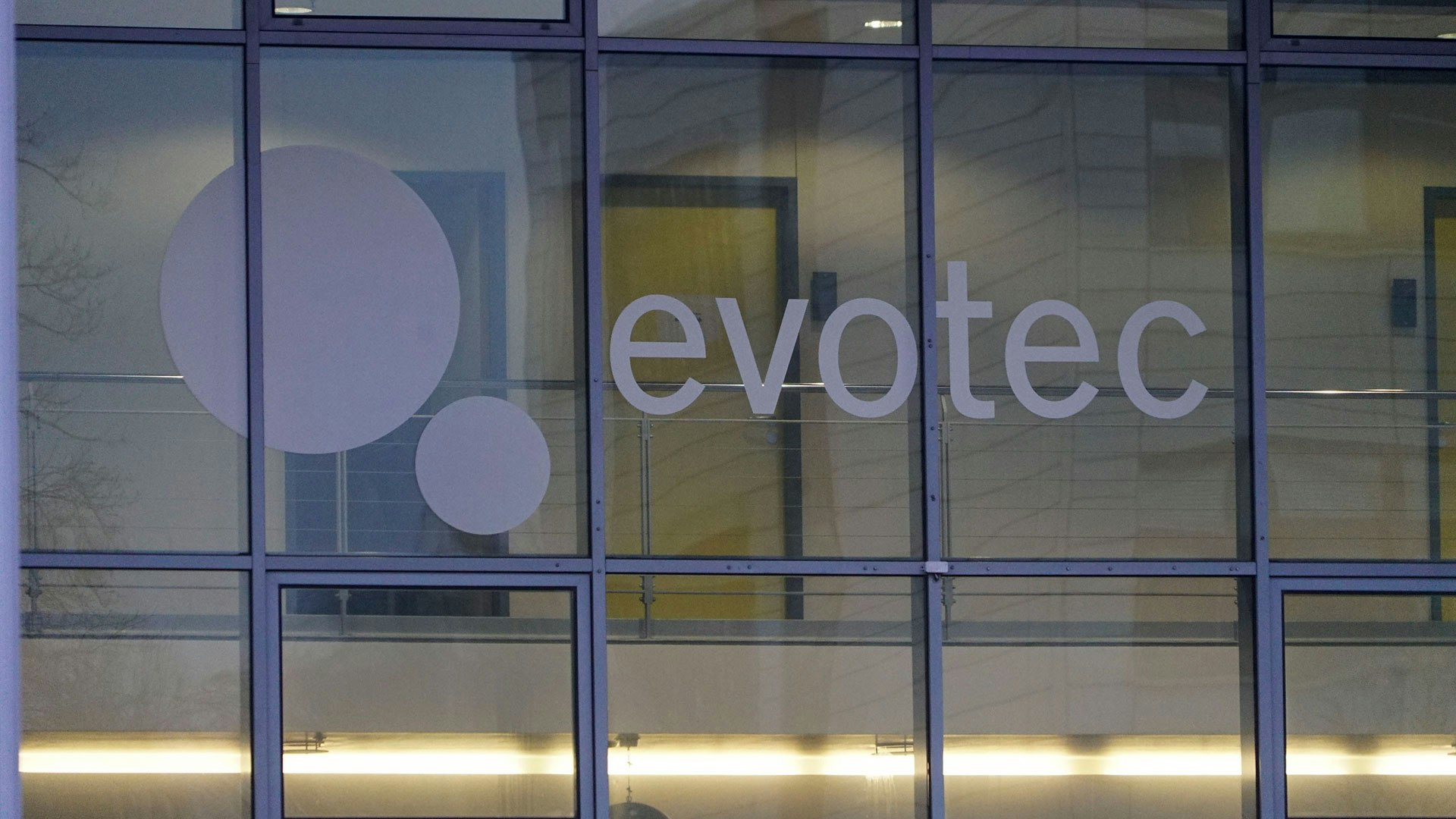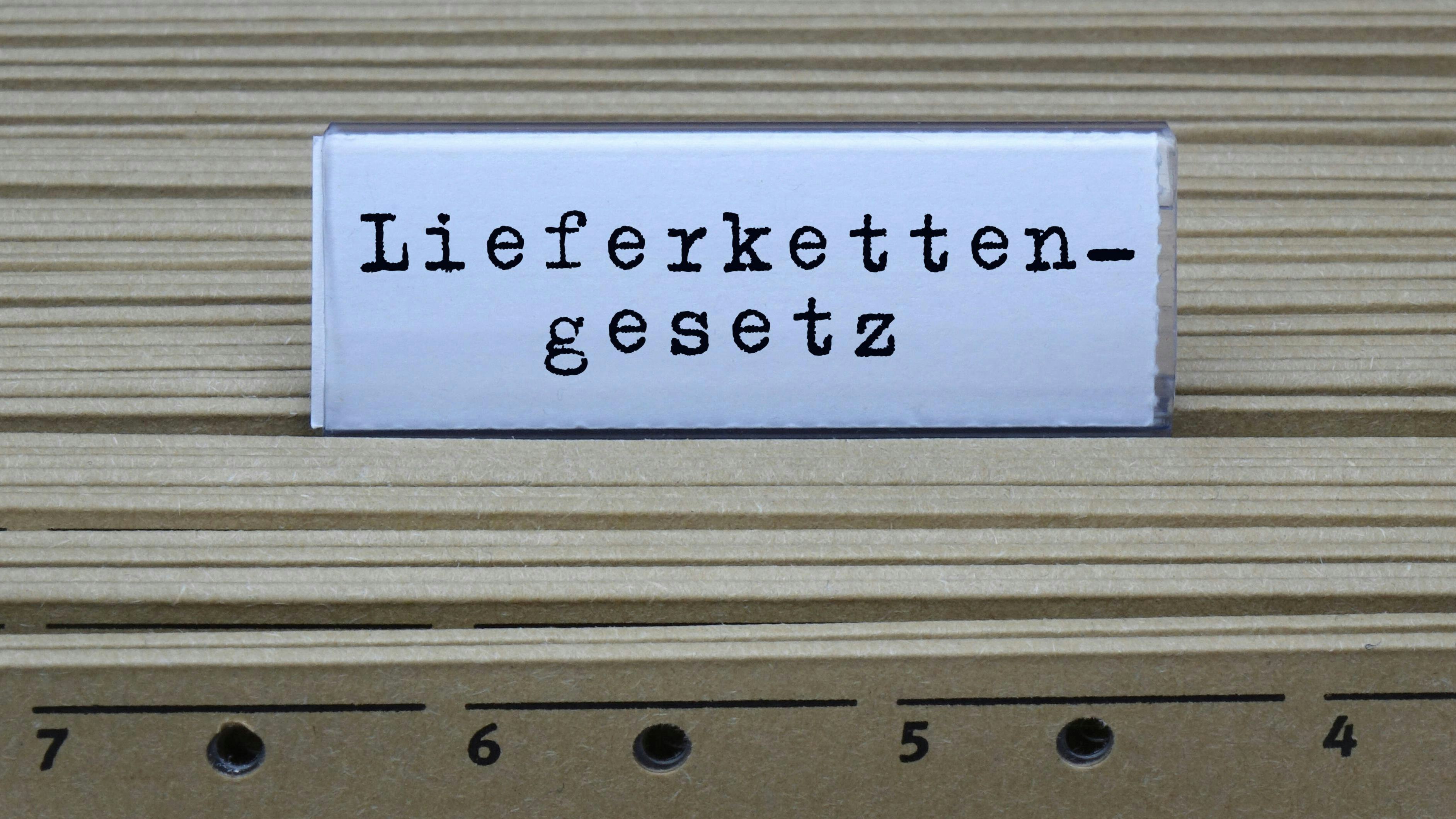Elon Musk withdrew his lawsuit against OpenAI and its CEO Sam Altman on Tuesday. The lawsuit had questioned the close relationship between the ChatGPT owner and Microsoft.
An attorney for Musk filed a motion to dismiss the lawsuit without prejudice in a California court on Tuesday, according to court documents. Cases dismissed without prejudice can be refiled at a later time.
Musk accused OpenAI and co-founders Altman and Greg Brockman of breach of contract and fiduciary duty.
Musk, who was involved in the founding of the company in 2015, claimed that the close collaboration with Microsoft violated OpenAI's original mission, which was to provide an open and nonprofit artificial intelligence for the benefit of humanity.
News Corp, owner of The Wall Street Journal, has a content licensing partnership with OpenAI.
The lawsuit attracted significant attention as it raised questions about the current direction of OpenAI and the impact of the partnership with Microsoft. Microsoft has invested over $13 billion in OpenAI and essentially holds 49% of the shares in its profit-oriented arm.
OpenAI has developed some of the most powerful AI tools in the world thanks to these resources. This partnership has allowed Microsoft to gain ground in the AI race against competitors like Google and Amazon.
The withdrawal of the lawsuit comes at a time when OpenAI is further expanding its technology and entering into new partnerships. Recently, a collaboration with Apple was announced, giving OpenAI a prominent role in the integration of artificial intelligence into the tech giant's products.
In the lawsuit, Musk claimed that OpenAI had strayed from its original mission and was now primarily focused on profit maximization. This, he argued, was not in line with the founding principles, which envisioned an open and transparent development of AI technologies.
The decision to withdraw the lawsuit could indicate a possible settlement or strategic considerations by Musk. It remains to be seen whether he will take legal action against OpenAI again at a later date.






